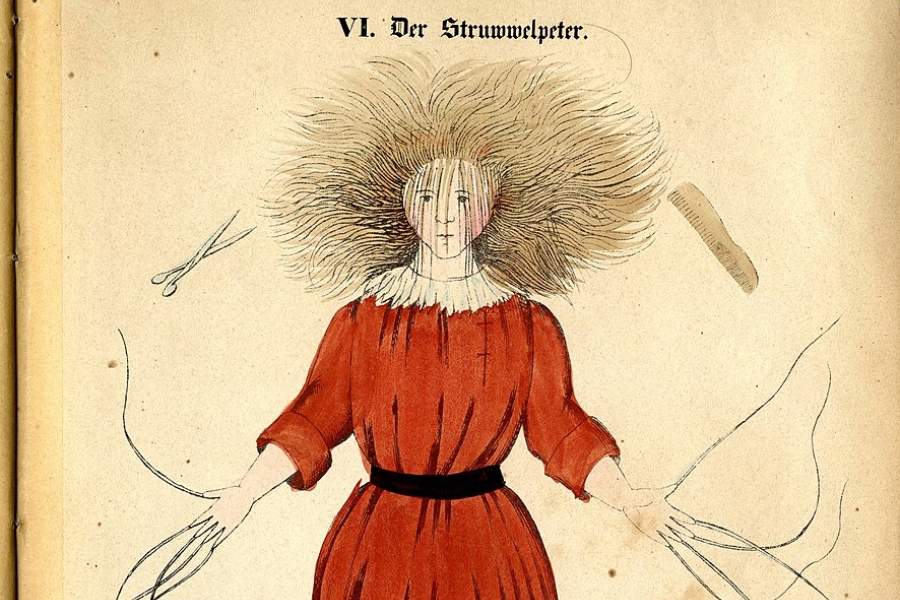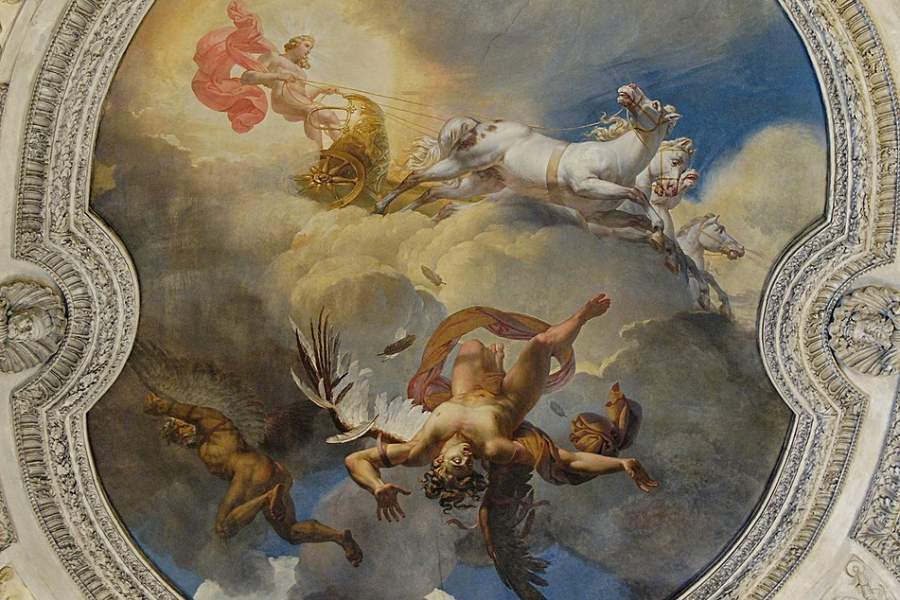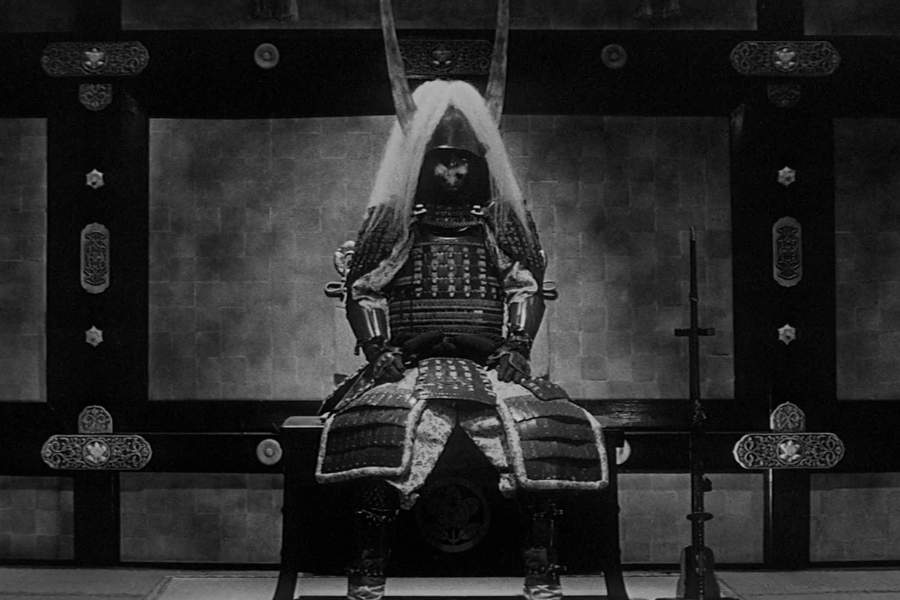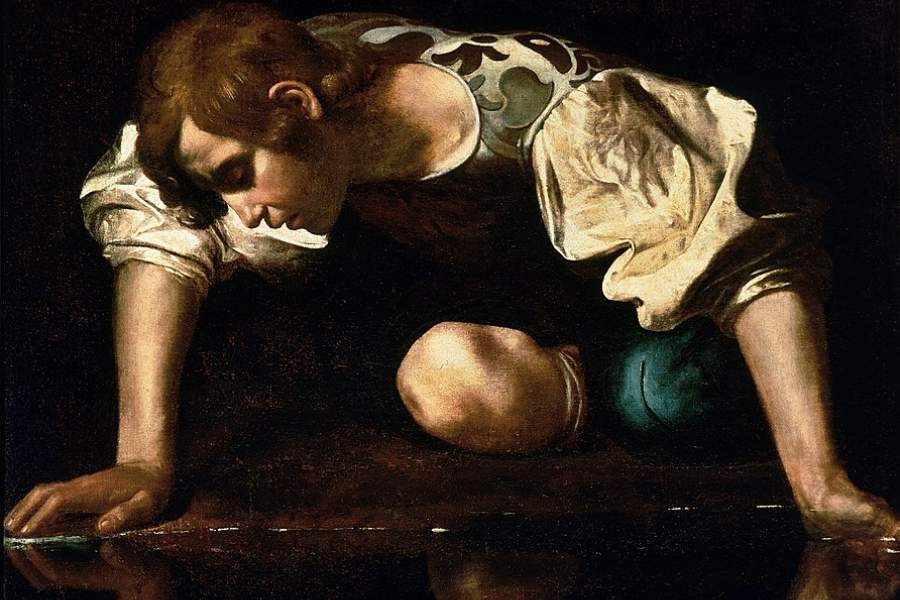No matter if it’s a cinema masterpiece, a cozy TV series, or even the pettiest gossip in the office, stories will always live as long as there is more than one person breathing. Since the dawn of language, we’ve been taking imagination into reality in the form of stories.
The practice of passing lore from generation to generation dates back to ancient times. Legends, myths, and folklore took evolutionary phases in how they transferred. Some emerge when we could only talk. Later on, scriptures and hieroglyphs set stories in stone. Then, stories began to spread like wildfire when the printing press was first invented.
The motivation behind their telling also changes, depending on the storyteller’s intention. Some make children behave, some forewarn of the flaws within ourselves, while others criticize values in society.
Moral Takes On Bedtime Stories For Children

Our perception of the world hinges on the stories our parents told in our childhood. Parents commonly tell bedtime stories for their children, whether it’s Pinocchio, local folklore, or any story they found at a bookstore. These stories’ intricate designs instill certain messages in the young. That’s exactly Heinrich Hoffmann‘s intention when he wrote his popular work, Der Struwwelpeter.
Der Struwwelpeter tells about a child who wouldn’t cut his fingernails and refuses all sorts of personal hygiene and grooming. So, he becomes infamous and is alienated by his neighborhood. Another story in his book is Die Geschichte vom Zappel-Philipp (the Story of Fidgety Phillip). In the story, Phillip won’t stop moving and fooling around every dinner time. So, eventually, he falls over, much to the dismay of his parents.
Scaring children into behaving is a pretty common theme in bedtime stories. Disciplining a child isn’t a job only for monsters, but also for social repercussions. However, moral pointers like these aren’t exclusive to children’s stories. Old myths also carry these themes to warn society as a whole.
Stories Steer Society Toward Virtue And Away From Sin

In Greek stories, there is one theme that frequently makes an appearance. Hubris, or the exaggerated pride of oneself, often is a recurring theme in Greek literature. Mostly, the story goes with mortals who are drunk in their own overconfidence, and then later they receive divine punishment from gods.
The most well-known example of this instance is the tale of Icarus. Icarus is the son of the Minotaur’s labyrinth builder, Daedalus. The construction of the labyrinth ends unexpectedly for both of them. Instead of getting his pay, he finds himself thrown into the very thing he built by the king. So, Daedalus and Icarus built two pairs of wings to make their escape.
However, on their flight, Icarus arrogantly taunts Helios, the god of the sun. Despite Daedalus’ desperate calls, Icarus soars higher and higher, and the wax on his wings starts melting. With his wings falling apart, Icarus plunges into the sea for his father to weep.
In short, Icarus’ hubris got the better of him and angered Helios. His story is a warning for people not to pay heed to their pride. Greek stories love to use hubris as a fatal flaw, leading anyone following it to shame, chaos, or even death.
Modern Day Ideologies In Modern Literature

In modern times, stories still warn us of the destruction caused by upholding the wrong values and traits. The movie 1962 Japanese movie, Harakiri, shines a light on a case where humanity is sacrificed for tradition. Harakiri tells a ronin’s revenge story. The main character seeks to diminish the samurai tradition held by a powerful clan who had murdered his son-in-law in the name of tradition.
This movie was meticulously directed by Japan’s legendary director, Masaki Kobayashi. His success is a contributor to the Japanese golden era of cinema in the 60s. His humanist view pushed him to bravely depict and criticize Japanese militarism and tradition.
Being a WW2 veteran himself, Kobayashi was fully aware of Imperial Japan’s atrocities in wartime. He often brought up the “humanity against tradition” theme in his movies. His works are proof that stories can also be criticisms of tradition and values held by society.
Baca Juga: Monsters, Literature, And The Innate Fears In Society
